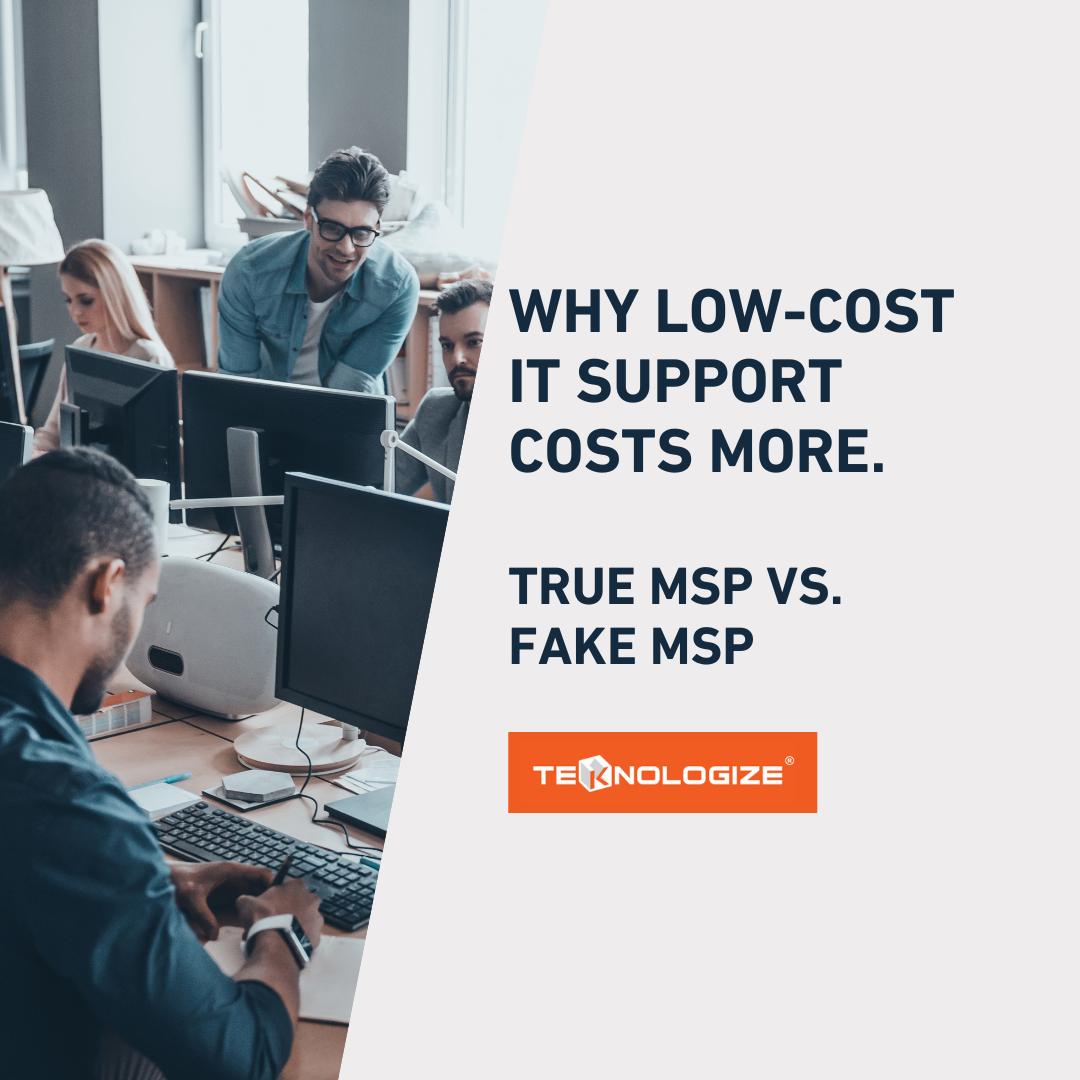Endpoint Detection and Response (EDR): Enabling Secure Growth for Small Businesses
Cybercriminals don’t go after businesses because they’re big.They go after businesses because they’re accessible. According to the IBM Cost of a...

Should you be concerned about your identity being compromised? Yes!
In 2019, 14.4 million consumers became victims of identity fraud — that’s about 1 in 15 people.
Identity theft continues to be a problem in the US. Overall, 33 percent of U.S. adults have experienced identity theft, which is more than twice the global average. Consumers lost more than $1.9 billion to identity theft and fraud in 2019. And stolen credit card data is often sold on the Dark Web marketplaces for as little as $0.50 per card.
This is just the financial aspect. To recover your stolen identity with credit card companies and government agencies can take months or years to get straightened out.
Identity theft and scams tend to spike during times of crisis such as COVID-19. Your data that was compromised years ago through a breach such as the Marriott or Target attack, could be used today to file unemployment claims, collect stimulus payments, apply for small business loans, and other lines of credit. The most coveted items that thieves want are social security numbers, birthdates, and bank account/routing numbers.

Source: Federal Trade Commission, Consumer Sentinel Network
There are ways to prevent your identity from being stolen. Here are seven recommendations that can help keep your identity safe.
Monitor your credit reports regularly. Monitoring often can help quickly identify any possible fraudulent activity and respond to it before it damages your credit. Check your credit reports at Experian, TransUnion, and Equifax.
Subscribe to a credit or identity theft monitoring service such as LifeLock. These services help monitor and alert you of threats to your identity as well as provide reimbursement of funds stolen, and assist in resolving theft issues.
Place a security or credit freeze on your credit file so lenders cannot gain access to it. If you feel identity theft may have occurred in your name, you might want to consider a security freeze to avoid any new fraudulent accounts being opened in your name.
Be extremely cautious when receiving emails, calls or letters. Confirm legitimacy, avoid clicking any links or opening attachments, and never give your personal information over the phone.
Be cautious about using free Wi-Fi. Many hackers use public places (called watering holes) to set up their own free Wi-Fi to load malware or spyware on your device.
Don’t overshare on social media. Facebook and LinkedIn can be a treasure trove for finding out personal information. And be sure to manage privacy settings about who can and can’t see your info.
Close unused accounts. You’ve probably signed up for accounts that you don’t use any longer. If hacked, those places may hold a ton of personal info, especially email accounts with personal documents.
Identity theft doesn’t have to be a part of your future. By monitoring your credit reports and being careful with your personal identification information (PII), your identity can be better protected.
Teknologize has clients throughout the Pacific Northwest with offices located in the Tri-Cities, Washington 509.396.6640 and Bend, Oregon 541.848.6072.
%20Enabling%20Secure%20Growth%20for%20Small%20Businesses.png)
Cybercriminals don’t go after businesses because they’re big.They go after businesses because they’re accessible. According to the IBM Cost of a...

IT Support Companies Can All Sound the Same, Until You Know What to Look For Business owners all want the same thing from their IT: reliability,...

Many SMBs don’t actually have an IT budget; they have a list of last year’s expenses. Everything goes into one bucket, and next year’s “budget” is...